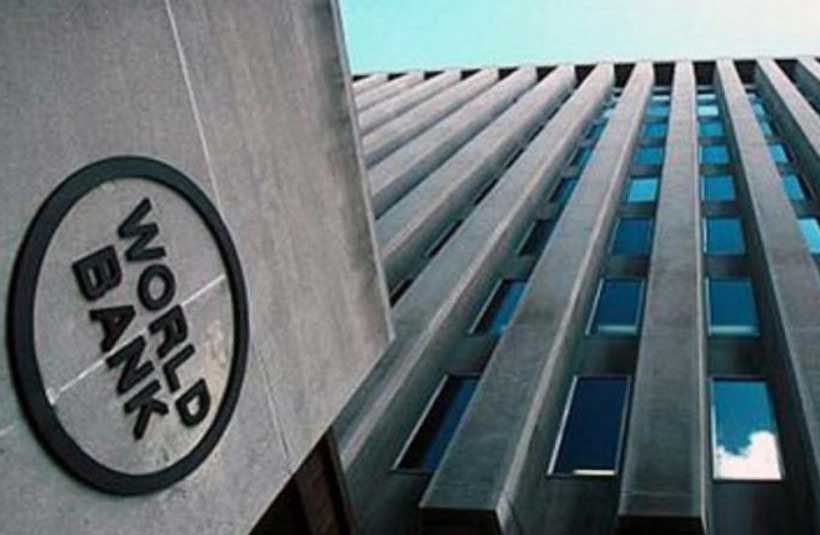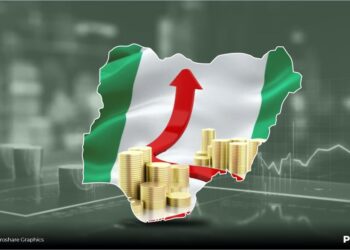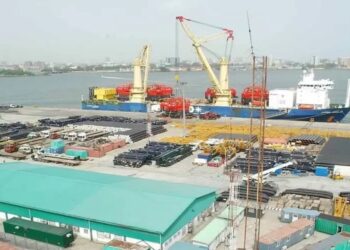Once again unsavoury economic news was received in Nigeria. Last time it was that 133 million Nigerians lived in MultiDimensional Poverty, recent news is that it would require a mind boggling 300 years for Nigeria to bridge the gap and have the necessary infrastructure to function as a modern economy. This is coming from the country economist of the World Bank WB attached to Nigeria, but to the discerning mind it is no less obvious. This avalanche of bad economic news has not always been the case.
Nigeria used to be part of the emerging and rising Africa, the new economic frontier. Nigeria became the largest economy in Africa and was destined to be one of twenty largest economies in the world by 2020. Nigerians were the happiest people in the world for some years, I doubt we are still the happiest people as our youths cannot wait to leave the country.
In infrastructure acquisition we shocked the world with the revolution in having new communication technology delivered to the country. Nigeria successfully adopted wireless communication in GSM and leapfrogged fibre optical technology. Recently we have achieved successes in rail infrastructure with coming into operations of standard gauge rail between Abuja and Kaduna, later between Lagos and Ibadan. Then the World Bank WB doused the euphoria.
Some have received the World Bank position negatively feeling 300 years is an exaggeration. A friend wrote “….the World Bank thesis is self-serving and paternalistic……serving the interest of the United States.”
Others submit that the objective of the WB with the statement is to create a wedge between Nigeria and infrastructure providing China thus creating opportunities for the US to step back in.
Wasn’t the WB stating the obvious? Do we need external organisations to point out these things? Where are our economic planners and managers? A simple back of the envelope calculation will reveal the truth in what the WB raised. The 320 km Lagos Ibadan double track standard gauge rail was laid over five years, averaging 60 kms per year. The National Rail backbone of Lagos to Kano, Lagos to Calabar and Calabar to Maiduguri is a total of about 9000 kilometres of expected standard gauge rail. At an average of 60 km per year, the backbone will be completed in 150 years, connections to other towns and cities another 100 years. Meanwhile work has effectively stopped as Chinese loans have been suspended.





